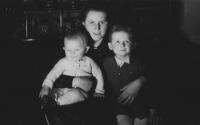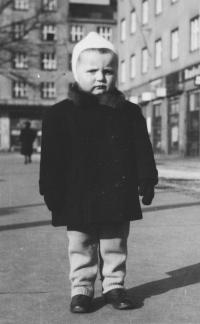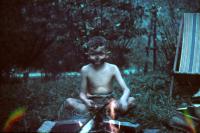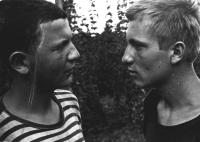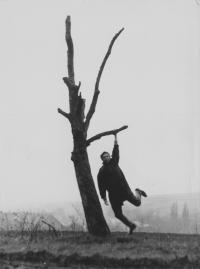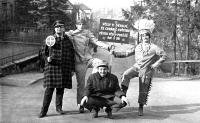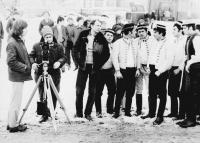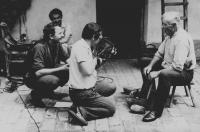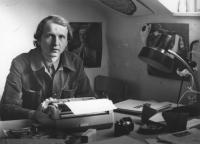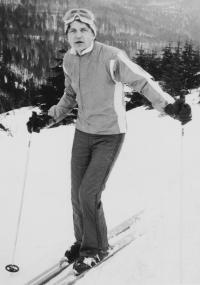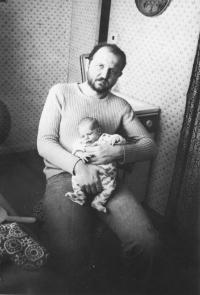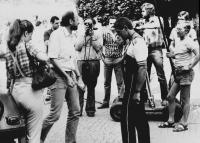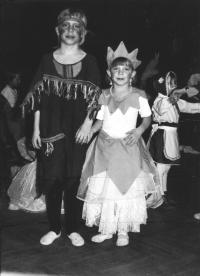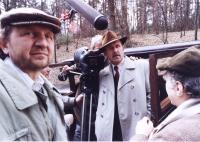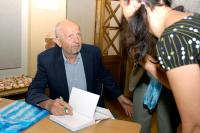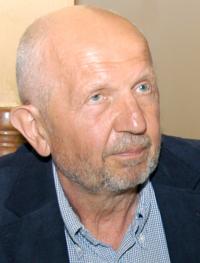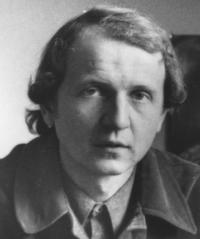As Jiří Voskovec used to say: keep calm, discrete and don’t s… yourself

Stáhnout obrázek
Jiří Vanýsek was born on 3rd February, 1944 in Brno in a family of an ophthalmologist, Jan Vanýsek. In 1960s after studies at the Prague FAMU, he worked in Brno studio of the Czechoslovak television (ČST). After 1968 his father was persecuted by the communist regime for he allegedly signed the document Two thousand words. In 1948 the communists rising to power had an impact on the witness´ grandfather, Rudolf Vanýsek, who along with other personalities co-founded the Masaryk university in Brno. His father´s persecution already reached Jiří Vanýsek in 1972; his contemporary film production was labelled politically flawed by the TV management and moreover, he had to leave television. Although he was allowed to return to Brno ČST studio several years later, until 1989 he was often banned to produce his movies. Jiří Vanýsek has been a JAMU pedagogue since 1991. He has got three children and lives in Brno
